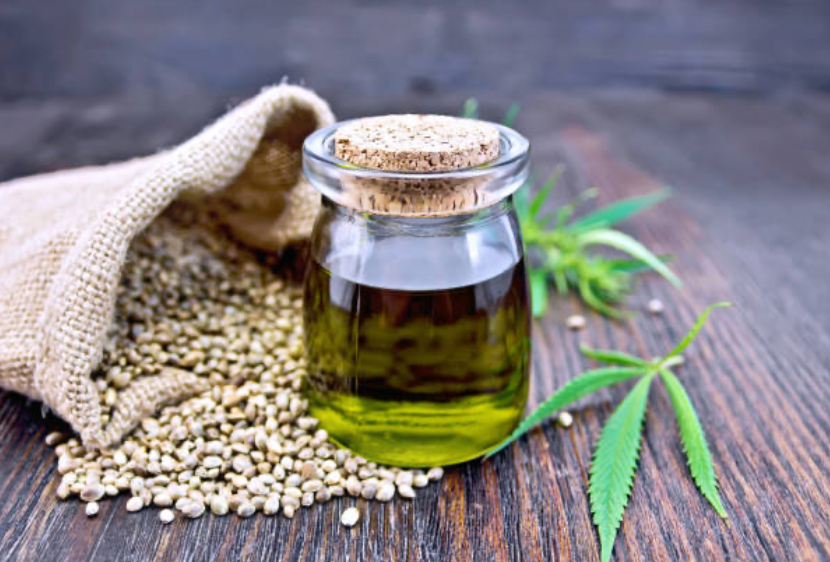by Ty Tagami | Capitol Beat News Service
ATLANTA — While Georgia lawmakers consider new regulations for intoxicating hemp products, Attorney General Chris Carr is joining most of his peers across the country in a call for a federal law that would sweep the products from all store shelves.
Gas stations, convenience stores and other locations have been selling gummies, vapes and other products derived from the hemp plant that can get users just as high as smoking marijuana.
They can do this because of a 2018 federal law that legalized the industrial use of hemp. The problem that Carr and a bipartisan coalition of 38 other attorneys general cite in a letter to Washington lawmakers is an “inadvertent ambiguity” in that law that has been “wrongly exploited by bad actors.”
They sent their letter last week to members of Congress, including Susan Collins of Maine, the Republican chair of the Senate Appropriations Committee. It says a crackdown on the psychoactive element of hemp will not harm the industrial hemp industry.
“Importantly, the prohibition on products containing intoxicating levels of THC—of any kind and no matter how it is derived—will not inhibit the cultivation of hemp for industrial and agricultural uses since hemp does not contain intoxicating levels of THC,” the Oct. 24 letter says.
Carr announced Wednesday that he had signed the letter, saying he was alarmed that poison control centers were reporting an increase in the number of children exposed to these substances.
“The public health consequences are stark and severe,” said the announcement from Carr’s office.
Hemp-related products are a growing market in Georgia. Breweries have been turning to THC beverages as beer sales sag.
State leaders recognize concerns about dangerous products but also want to support the new industry. Lawmakers met this summer to study concerns in hopes of crafting legislation to tighten regulations.
A revised federal law would pre-empt state efforts.
Christopher Lackner, president and CEO of the Hemp Beverage Alliance, a national group that represents companies across the country, including in Georgia, called the attorneys general letter “concerning.”
The industry agrees that high-potency products packaged to look like candy and marketed to children should be prohibited, Lackner said.
“But we can do that without destroying the thriving regulated hemp beverage industry that is already in place across the country,” he said.
The industry has become mainstream in many places, including in Minnesota, which has also legalized marijuana dispensaries. The attorney general there, Keith Ellison, posted a clarification online Wednesday about his decision to sign the letter to Congress, writing that it had “generated some confusion” and that he wants the local hemp products edible industry to thrive.
He wrote that Minnesota has tight regulations, but “highly potent” THC products have been entering the state from elsewhere.
“My intent in signing the letter is to urge Congress to close that loophole,” he wrote. “This will help prevent out-of-state companies from ignoring Minnesota’s carefully crafted THC regulations and selling harmful products in our state.”
Carr’s office said Thursday that he had no clarifications of his own to offer for why he signed the letter, which says “industry actors have nefariously misinterpreted” the 2018 law to create synthetic “Frankenstein THC products that get adults high and harm and even kill children.”











